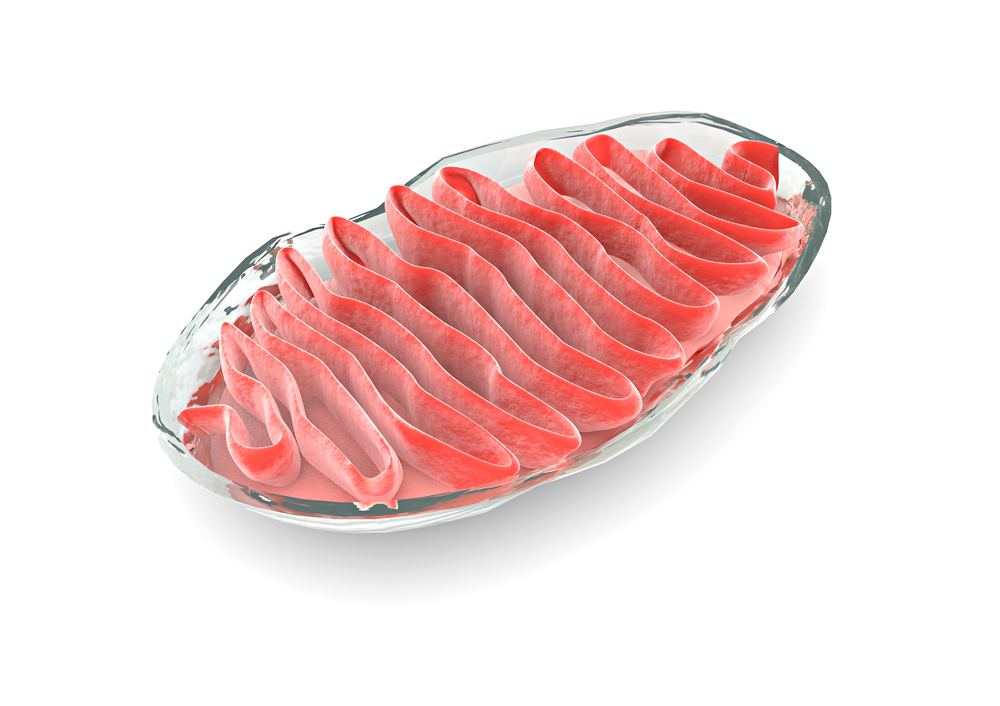Promising Drug For Parkinson’s Disease Supports Fast Tracking to Clinical Trials
Written by |

A multidisciplinary team of researchers from the Sheffield Institute of Translational Neuroscience (SITraN), in collaboration with scientists from the University of York, have recently released results from a study that supports the fast-tracking of the drug ursodeoxycholic acid (UDCA), which has already been in use for decades to treat liver disease, for a clinical trial in patients with Parkinson’s disease (PD). The study, entitled, “UDCA exerts beneficial effect on mitochondrial dysfunction inLRRK2G2019S carriers and in vivo,” was funded by Parkinson’s UK, the Wellcome Trust and the Norwegian Parkinson Foundation, and published in the latest edition of Neurology.
In this study researchers demonstrated the beneficial effects of UDCA in an experimental protocol using fruit flies with a genetic defect caused by the LRRK2 mutation to dopaminergic neurons as a model. This mutation in the LRRK2 gene is the most common genetic cause of PD. The researchers observed the flies visual response with and without administration of UDCA, and discovered that flies carrying the mutation maintained their visual response when fed with the drug.
The results from this study are the first to show that UCDA has a beneficial effect on dopaminergic neurons (the nerve cells affected in PD) in a fly model that carried the same genetic change as some patients with the disease.
In an institute press release, Dr Heather Mortiboys, PhD, Parkinson’s UK Senior Research Fellow, SITraN, explained, “We demonstrated the beneficial effects of UDCA in the tissue of LRRK2 carriers with Parkinson’s disease as well as currently asymptomatic LRRK2 carriers. In both cases, UDCA improved mitochondrial function as demonstrated by the increase in oxygen consumption and cellular energy levels.”
Dr. Mortiboys’ colleague and senior study author, Dr. Oliver Bandmann, MD, PhD, Professor of Movement Disorders Neurology, SITraN, and Honorary Consultant Neurologist at Sheffield Teaching Hospitals NHS Foundation Trust, added, “Whilst we have been looking at Parkinson’s patients who carry the LRRK2 mutation, mitochondrial defects are also present in other inherited and sporadic forms of Parkinson’s, where we do not know the causes yet. Our hope is therefore, that UDCA might be beneficial for other types of Parkinson’s disease and might also show benefits in other neurodegenerative diseases.”
For Dr, Arthur Roach, Director of Research and Development at Parkinson’s UK, the study’s implications for future therapeutic options to treat the disease are crucial, “There is a tremendous need for new treatments that can slow or stop Parkinson’s. Because of this urgency, the testing of drugs like UCDA, which are already approved for other uses, is extremely valuable. It can save years, and hundreds of millions of pounds. It’s particularly encouraging in this study that even at relatively low concentrations the liver drug still had an effect on Parkinson’s cells grown in the lab. This type of cutting-edge research is the best hope of finding better treatments for people with Parkinson’s in years, not decades.”


